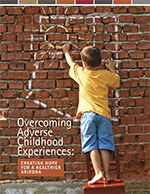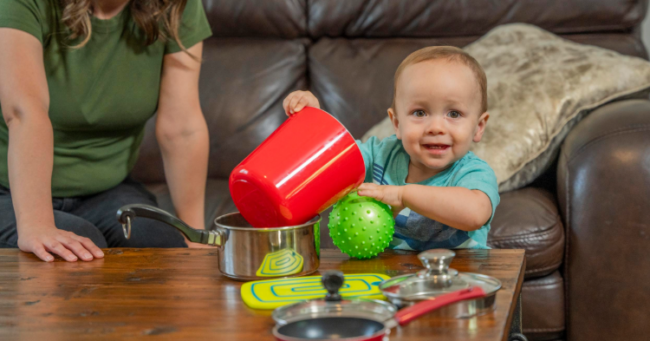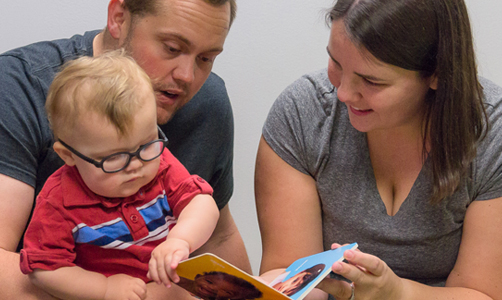90% of Brain Growth Happens Before Kindergarten
Did you know that by age 5, a child’s brain is 90% developed? The early years are a critical window of opportunity, shaping a child’s ability to learn, think and thrive. Early experiences—positive or negative—lay the foundation for their future.
Critical brain connections for higher-level abilities like problem-solving, empathy and self-control are formed—or not—in the early years. Without positive interactions and stimulation, these essential connections may not develop fully, making it much harder to build them later in life.

How Brain Connections Are Built
At birth, the average baby’s brain is about a quarter the size of the average adult brain. Incredibly, it doubles in size in the first year. It keeps growing to about 80% of adult size by age 3 and 90% – nearly fully grown – by age 5.
A baby’s brain is hard at work, forming over 1 million new neural connections per second. These connections enable everything from movement to language and problem-solving. But they don’t form on their own—positive interactions with caregivers and engaging daily experiences help build and strengthen these pathways that last a lifetime.
Here’s how:
- Talk, read, sing and play: Everyday activities stimulate brain development.
- Responsive relationships: Loving, dependable adults responding to a child’s cues are key to healthy brain growth.
- Exploration and interaction: Using all five senses to explore the world builds neural connections that last a lifetime.
The Role of Positive Relationships
A child’s relationships with adults are the most important influences on their brain development. Loving relationships with responsive, dependable adults are essential to a child’s healthy development. These relationships begin at home, with parents and family, and include child care providers, teachers and other community members.
Children thrive on “serve and return” interactions—when babies coo, cry or smile, and caregivers respond. This back-and-forth communication builds strong emotional bonds and forms the foundation for skills like motivation, self-regulation and communication.
The Impact of Toxic Stress
While positive experiences drive healthy brain growth, adverse childhood experiences like poverty, exposure to violence and lack of access to quality early learning experiences can derail development. Toxic stress disrupts the brain’s architecture, affecting a child’s ability to learn and grow.
- Children exposed to chronic stress are more likely to face challenges in school, relationships and health.
- Supportive relationships and nurturing environments can buffer these effects, helping children build resilience.





